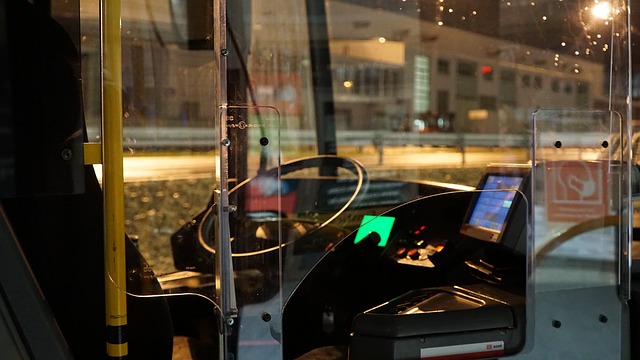Share This Article:

Bus Driver Tormented by COVID-19 Fears can’t Collect Benefits for Mental Injuries
27 Jul, 2023 Chris Parker

New York, NY (WorkersCompensation.com) – Few would question that being a bus driver during the first wave of the COVID-19 pandemic was highly stressful and might lead to depression and anxiety, and possibly heavy drinking (though hopefully not during work hours).
But as one case shows, even if a mental injury was caused by work-related stress, there is another hurdle a New York employee must clear to obtain workers’ compensation benefits for the injury.
According to one bus driver, it was the burgeoning pandemic that allegedly drove him into anxiety and depression in January 2020. His psychiatrist agreed.
In Djanuzakov v. Manhattan & Bronx Surface Transit Operating Authority, No. 535458 (N.Y. Sup. Ct. App. 07/20/23), the driver finally exited his job and filed a worker’s compensation claim for his mental injuries, claiming that the conditions arose because of work-related stress.
The driver acknowledged that he never tested positive for COVID-19, but said he was afraid of contracting it and bringing it home to his family. To make matters worse, most of his passengers refused to wear masks, some threatened him, and half his coworkers didn’t wear masks. He also pointed out that his employer only provided him one mask per week at the outset of the pandemic.
He said at the worker’s compensation hearing that he was easily mistaken for a Chinese person, and for that reason his coworkers were treating him differently because they believed the virus came from that country.
A Workers’ Compensation Law Judge denied the claim. The Workers’ Compensation Board affirmed that decision, and so the driver steered his claim to a New York appeals court.
The appellate court explained that for a mental injury to be compensable, an employee must show:
(1) It was caused by work-related stress; and
(2) The stress was greater than that which other similarly situated workers experienced in the normal work environment.
It’s up to the employee, the court added, to show through competent medical evidence a causal connection between his psychological injury and his employment.
Here, the court observed, the board found that the driver’s circumstances were about the same as any other driver for the Authority. They were provided the same amount of masks during a time when there was a shortage of masks. They all faced the same risk of being exposed to or of contracting the disease.
“Moreover, claimant's belief that his coworkers were treating him differently, based only on his testimony that they stopped greeting him, was unfounded as there was no evidence to support the conclusion that this was due to his race or country of origin rather than to social distancing requirements,” the court wrote.
The board had plenty of evidence that the stress the driver experienced was no greater than the stress normally experienced in his workplace by similarly situated bus operators. The drivers’ job duties, the court remarked “necessarily involved interacting with the general public and coworkers throughout the community where they are subjected to myriad illnesses, including COVID-19, and difficult passengers.”
The court affirmed the Board’s decision that the claim was not compensable.

AI california case file case management case management focus claims compensability compliance courts covid do you know the rule exclusive remedy florida FMLA glossary check Healthcare health care hr homeroom insurance iowa leadership leadership link medical NCCI new jersey new york ohio osha pennsylvania roadmap Safety safety at work state info technology texas violence WDYT what do you think women's history women's history month workcompcollege workers' comp 101 workers' recovery Workplace Safety Workplace Violence
Read Also
About The Author
About The Author
- Chris Parker
More by This Author
Read More
- Jun 26, 2025
- Liz Carey
- Jun 26, 2025
- Frank Ferreri
- Jun 25, 2025
- Liz Carey
- Jun 25, 2025
- Frank Ferreri
- Jun 24, 2025
- Liz Carey




